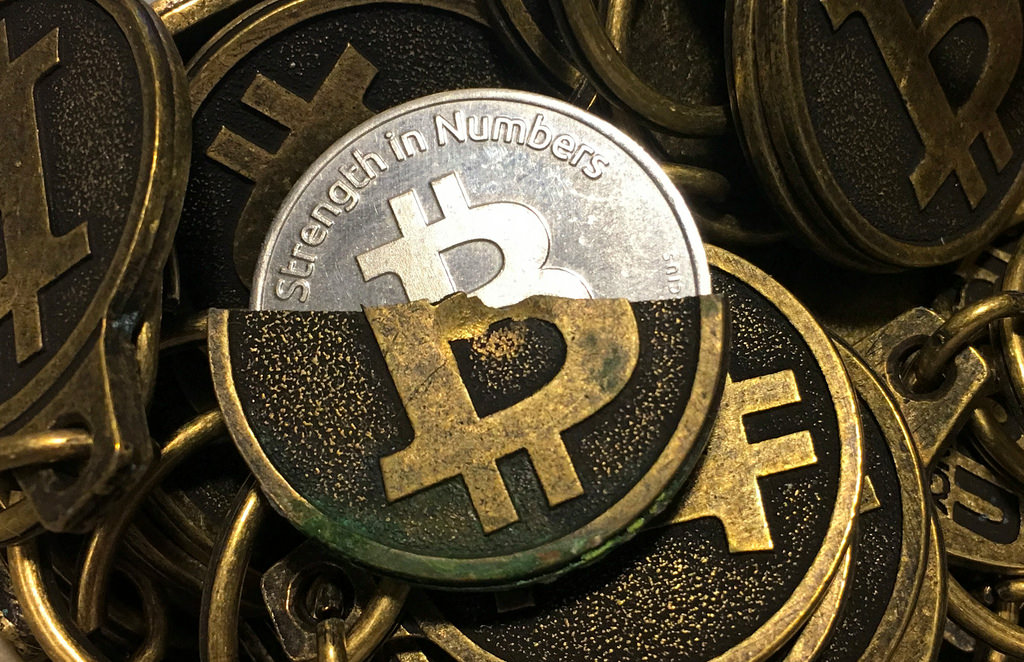Bitcoin is currently one of the hottest topics in the financial industry. Its value had increased tenfold since the start of the year and after it did that, broke through $11,000 in a matter of hours. The success of the cryptocurrency was enough to push traditional financial institutions like JPMorgan to finally join in on the fun. However, one famed economist who won a Nobel Prize believes that Bitcoin should be illegal.
Since reaching new heights of more than $11,000, Bitcoin’s price dropped significantly within 24 hours, sinking below $10,000 on Friday. This served to confirm the speculation by analysts that the increase in value would not hold and the cryptocurrency would eventually collapse on itself. This is also the kind of trend that makes Joseph Stiglitz nervous about Bitcoin.
Stiglitz won the Nobel Memorial Prize in Economic Sciences back in 2001 and in a recent interview with Bloomberg Television, he said that Bitcoin “ought to be outlawed.” He was also of the opinion that the only reason the cryptocurrency rose in value so much in such a short period of time is due to the lack of oversight.
What’s more, Stiglitz does not believe that Bitcoin holds any “socially useful function” and like many financial analysts, he thinks that the market is a bubble that’s about to burst. He does acknowledge that there will be those who will find the rocky experience rather thrilling.
“It’s a bubble that’s going to give a lot of people a lot of exciting times as it rides up and then goes down,” Stiglitz said.
One of the biggest reasons why many economists and financial analysts seem intent on casting doubt on Bitcoin and cryptocurrency, in general, is the matter of intrinsic value. That is to say, a lot of them believe that Bitcoin has none, which makes its price entirely dependent on what the market decides. This makes it a prime example of a financial time bomb that could implode at any minute.



 FxWirePro- Major Crypto levels and bias summary
FxWirePro- Major Crypto levels and bias summary  FxWirePro- Major Crypto levels and bias summary
FxWirePro- Major Crypto levels and bias summary 































